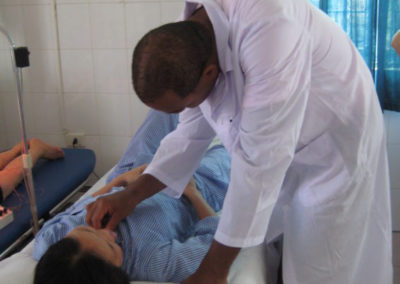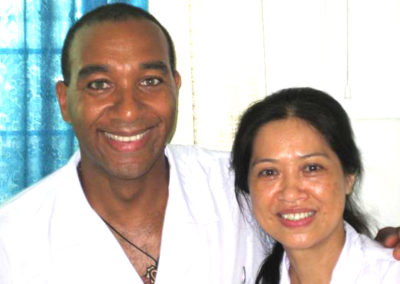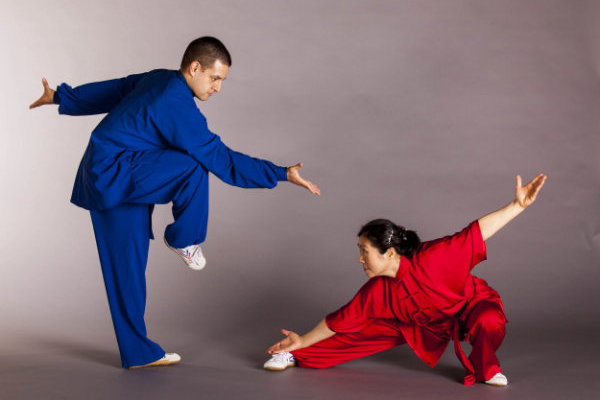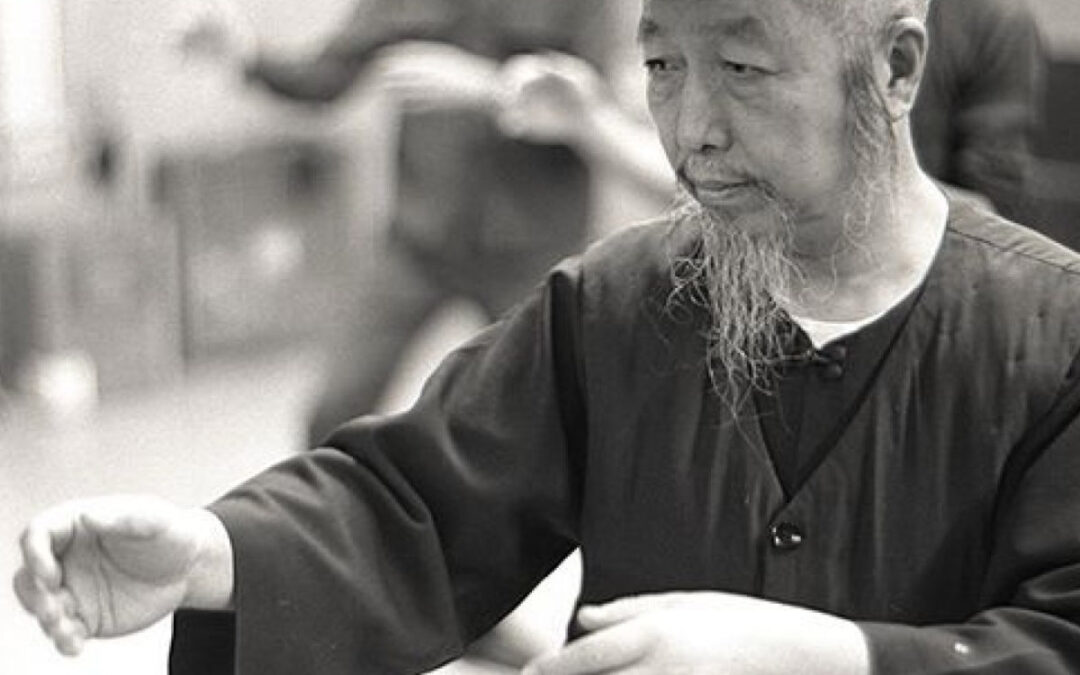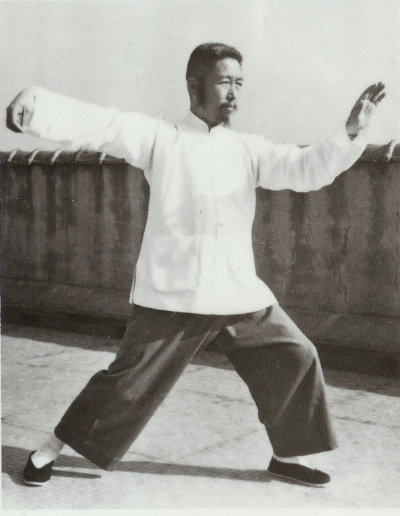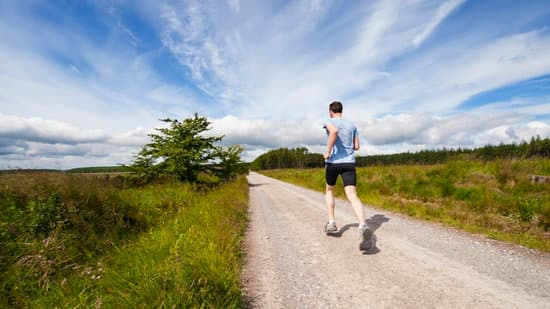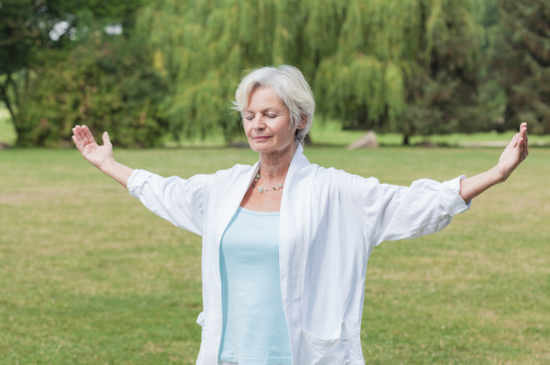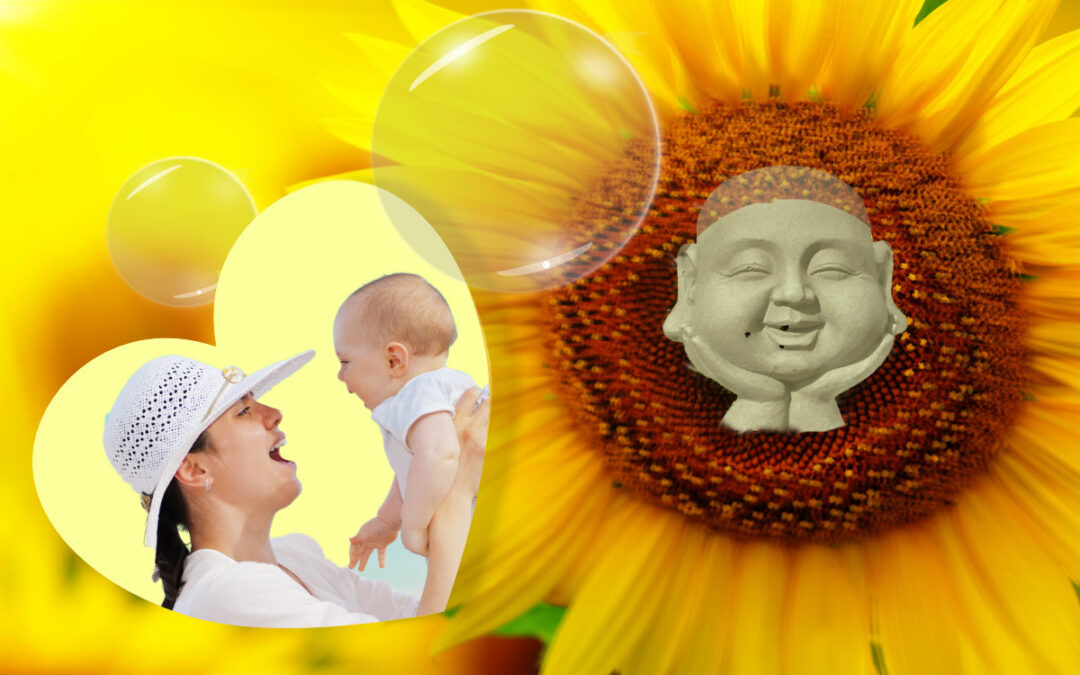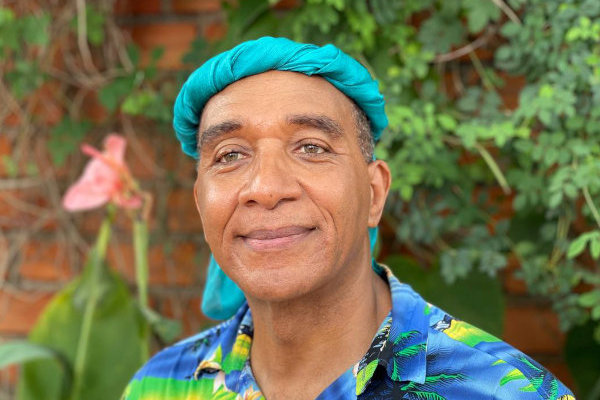
Dominique Pierre-justin
A rich life path
Dominique Pierre-Justin was born in Paris in 1963 and grew up in Switzerland. He had a successful career as a computer scientist, manager and teacher for adults.
At the age of 35, he completely changed his life. He met his first teacher, Isabelle, who revealed to him his potential in healing and his intuitive ability to diagnose and help patients. He then decided to study naturopathy.
Dominique started working as a naturopath in Switzerland (Neuchâtel) and then moved to France in 2001. He opened a new naturopathic practice there. He met Brigitte at that time and together they started a thorough research on the human being in all its dimensions.
They started learning Chinese medicine and martial arts in 2005 with Master Henli Röder.
From a very young age, Dominique has always had a passion for people and life in all its expressions. He has practiced many sports such as windsurfing, scuba diving, flying, climbing and skiing.
Dominique is also very passionate about music. He is now studying guitar and has recently launched a youtube channel to challenge himself with a good presentation. Today, his warm and generous nature finds its best expression in the practice of Chinese medicine and coaching people.
